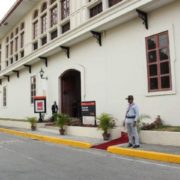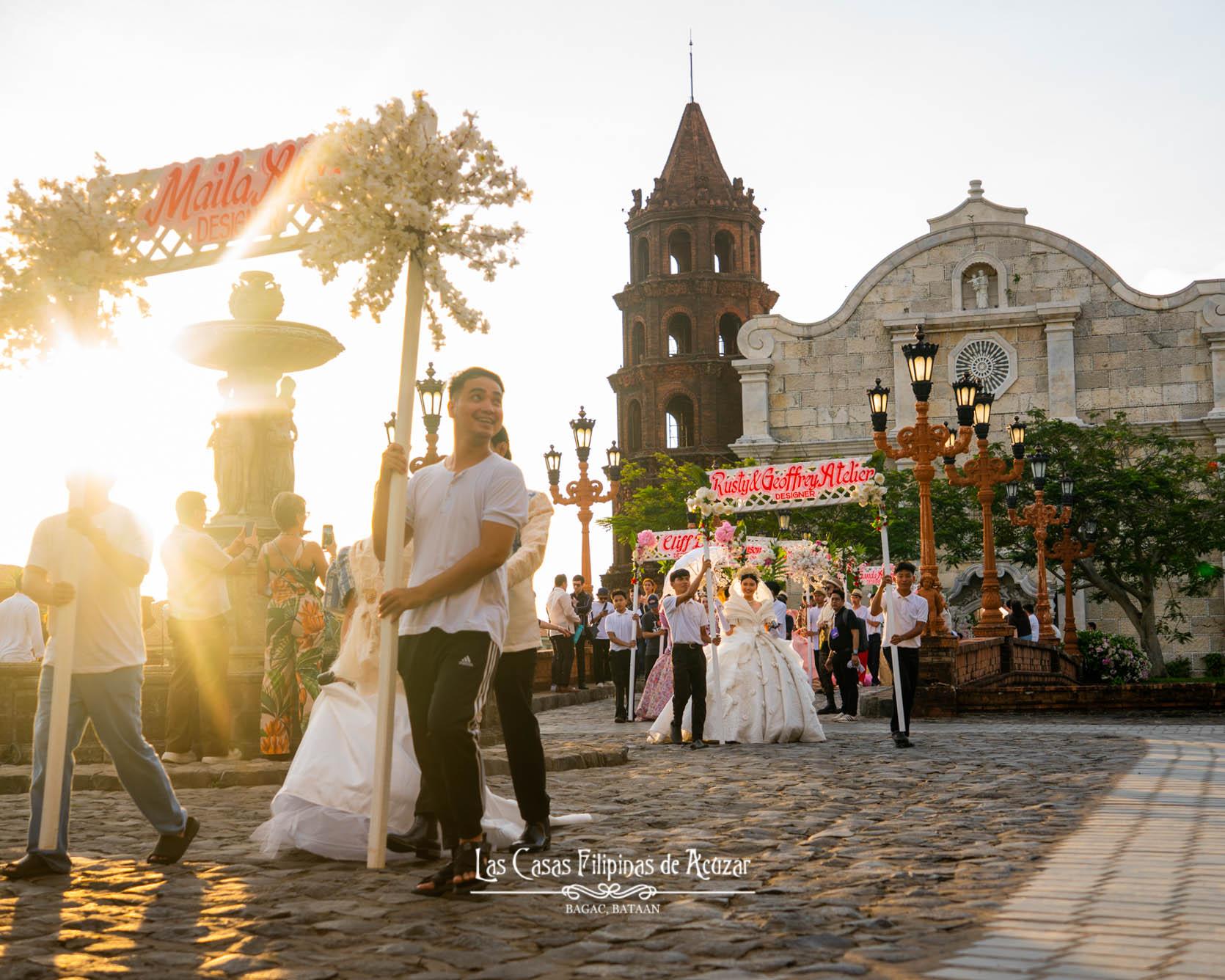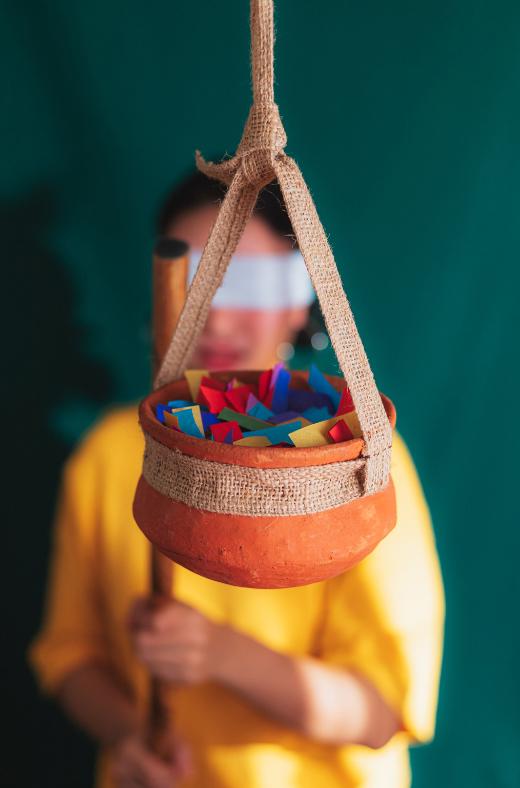
Manila — As the Philippines celebrate National Heritage Month this May, the Department of Tourism (DOT) invites the public to explore and learn about Philippine culture and history by visiting Museo de Intramuros in Manila.
Managed by the Intramuros Aministration (IA), Museo de Intramuros is located in two important reconstructions inside the walled city: the San Ignacio Church and the Mission House of the Society of Jesus. The museum was designed to house the period art collections of IA that includes ecclesiastical art, furniture, vestments, and textiles and other artifacts.
The museum will be open to the public starting May 2, 2019, and admission is free.
Museo de Intramuros’ official opening, which took place on April 29, 2019, was among the highlights of the Intramuros Administration’s 40th anniversary as an institution.
The current in-house exhibition presents the story of the evangelization of the Philippines from the perspective of the Filipinos. It explores changes in the “Filipino” psyche as colonization introduced a new religion and culture to the natives.
With the display of religious images belonging to the IA collection, the exhibition is able to highlight Filipino artistry and craftsmanship that developed from the merging of the indigenous and the foreign.

Curated by Dr. Esperanza Gatbonton, Gino Gonzales, Dr. Cecilia dela Paz, Santiago Pilar and Martin Tinio, theexhibition has six components: (1) The Immaculate Conception, (2) The Religious Order, (3) The Patronato Real and the establishment of Parishes, (4) Religious Colonial Paintings, (5) The establishment of a parish and sacred vessels, and (6) The Indio Response.
In her 1981 book Philippine Relihious Imagey, co-curator Dr. Gatbonton wrote, “This collection of the Intramuros Administration is extremely valuable because it represents the first real attempt to collect and preserve within the Philippines an important aspect of the country’s cultural heritage.
“The collection affords the viewer a panorama of the various styles and enables him to compare them with the artifacts done abroad in the same medium. We, Filipinos, have always tended to accept that we were the passive receiver of artistic stimuli from abroad. This collection proves that the Philippines was as much a giver.”

At the museum’s opening, DOT Secretary and Chairperson of the IA Board of Administrators, Bernadette Romulo-Puyat said, “IA’s dedication in ensuring that the tangible treasures that immortalize our history are now accessible to the public is commendable.”
She congratulated IA Administrator Guiller Asido and the cultural workers behind the museum and added, “This project, rooted in passion and a deep love of country, must be emulated and replicated.”
“The Department of Tourism will be investing in the promotion of cultural tourism in the years to come. We’re doing it not just because we need to expand our tourism products, engage a specific market and increase revenue. Cultural tourism is telling the world our narrative. It is also a platform to ensure that our heritage structures and objects such as these will be preserved and enjoyed by our progeny,” Puyat said.
The Intramuros Administration is an attached agency of the DOT in-charge of the restoration, development, and promotion of the historic walled city of Intramuros.






